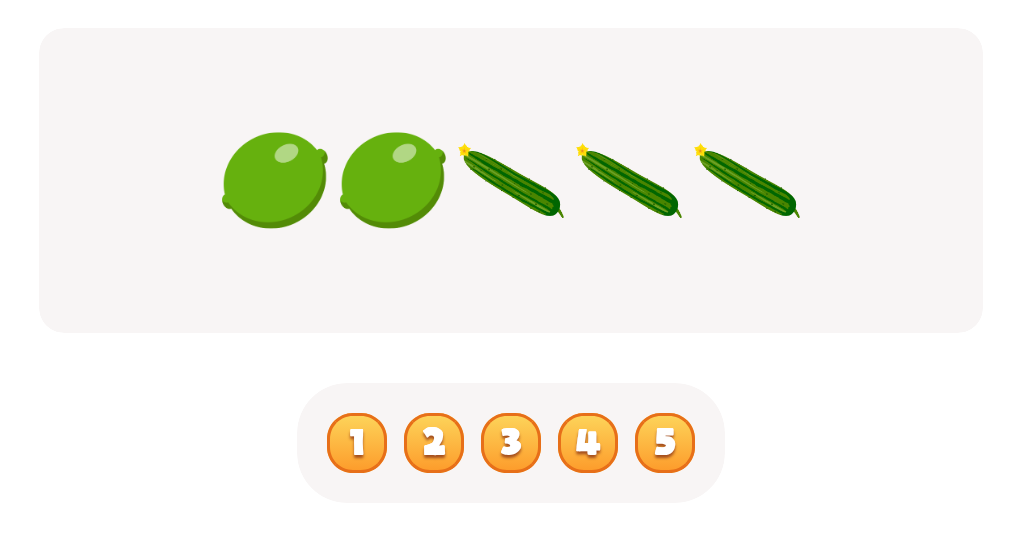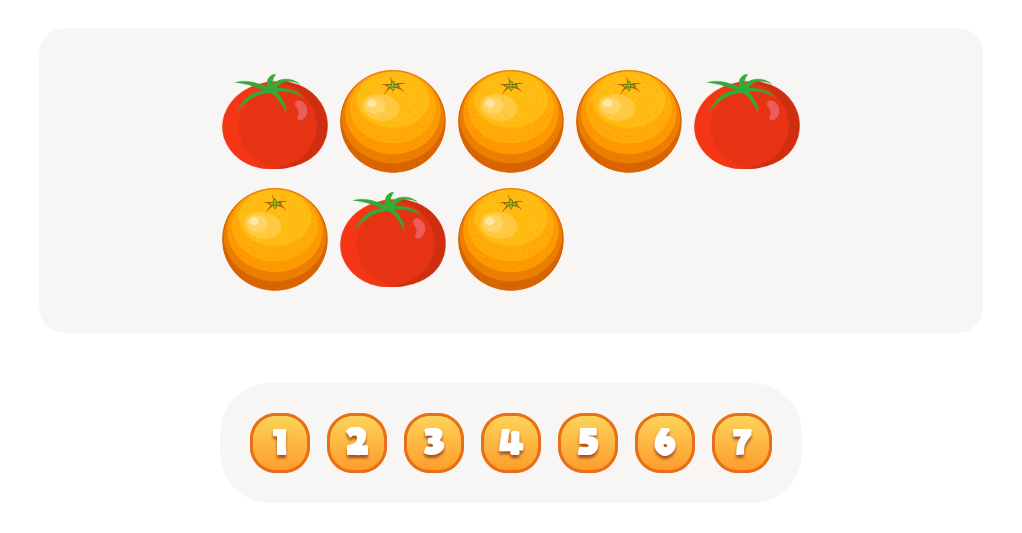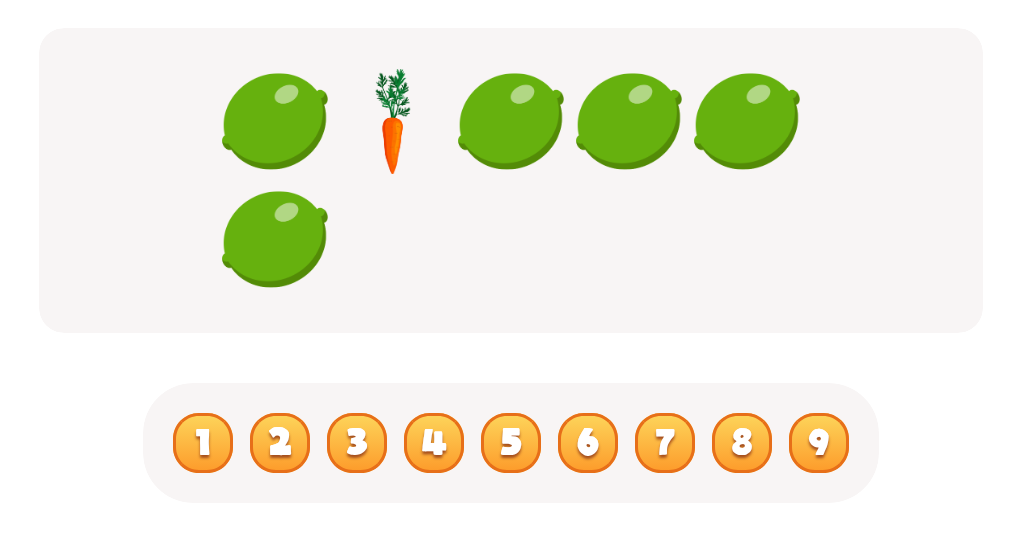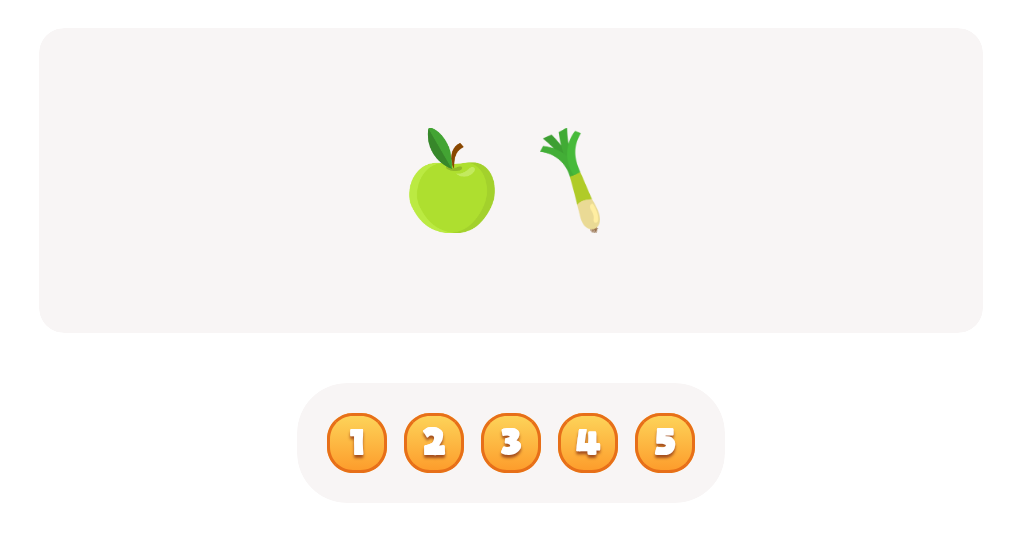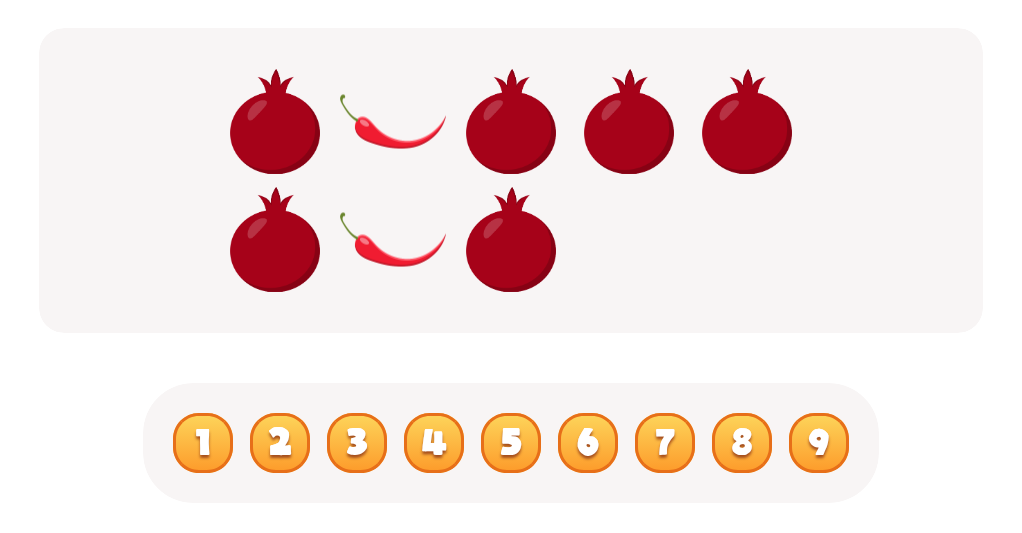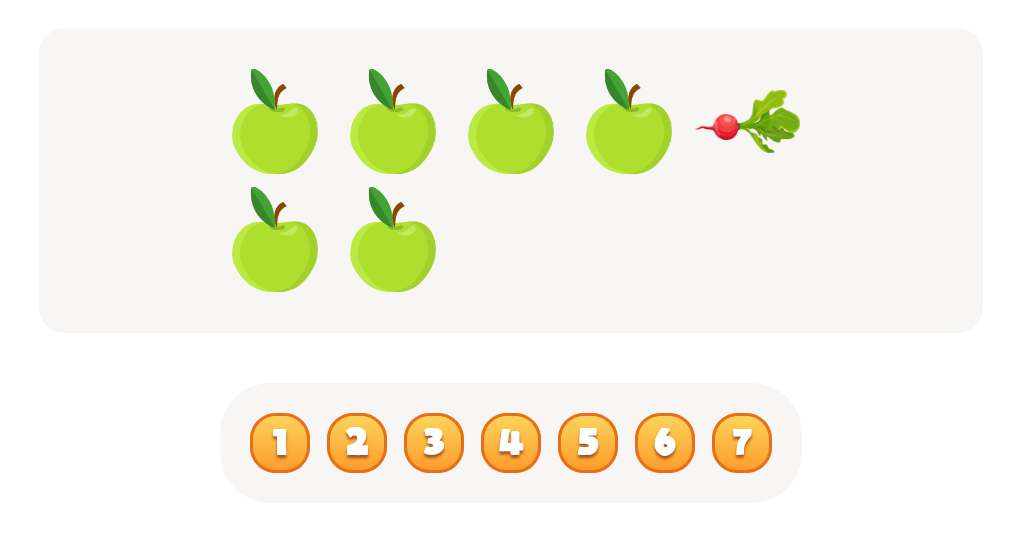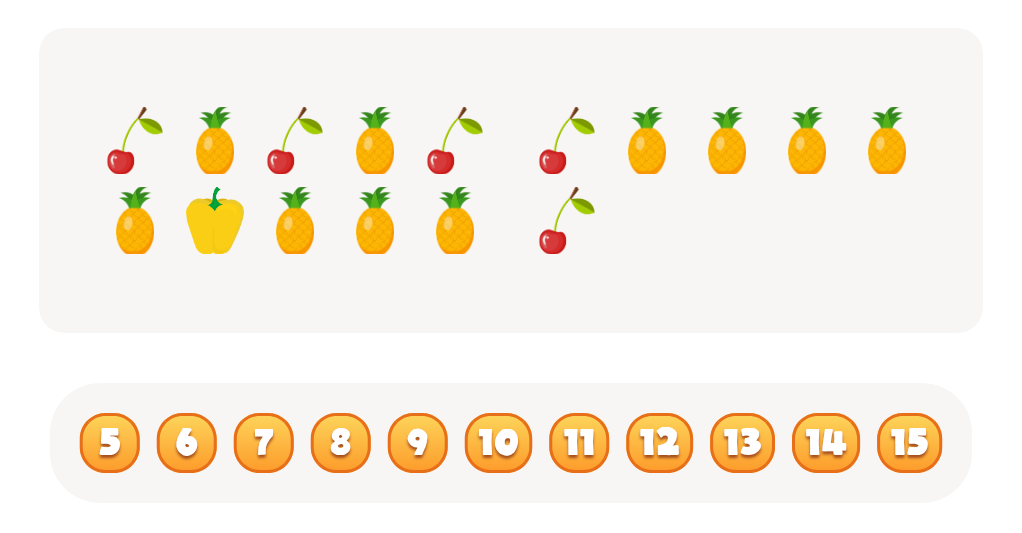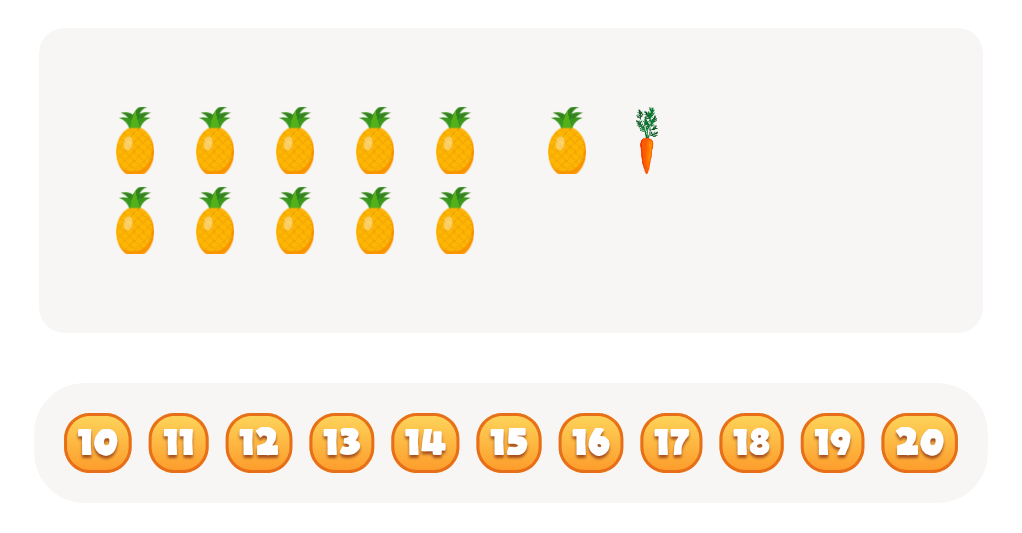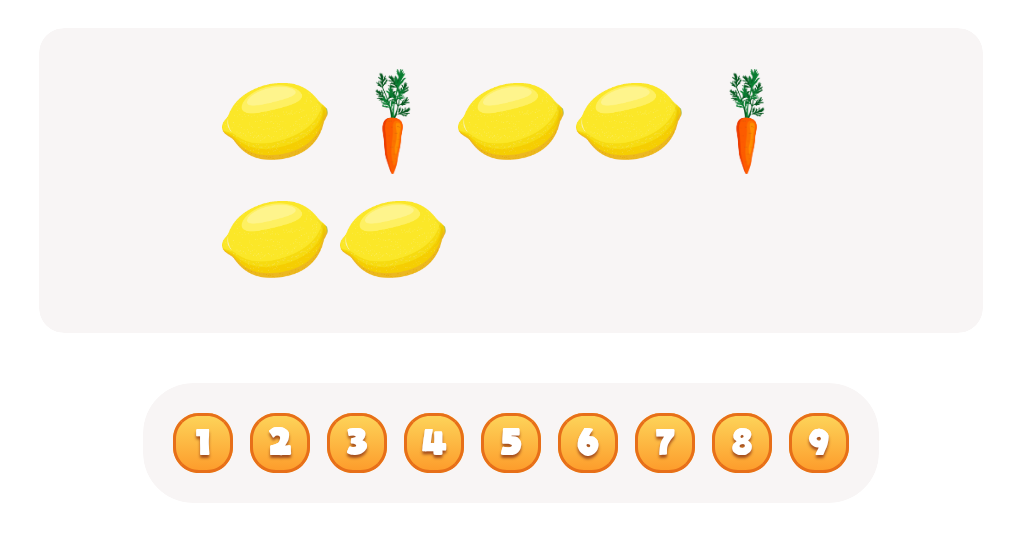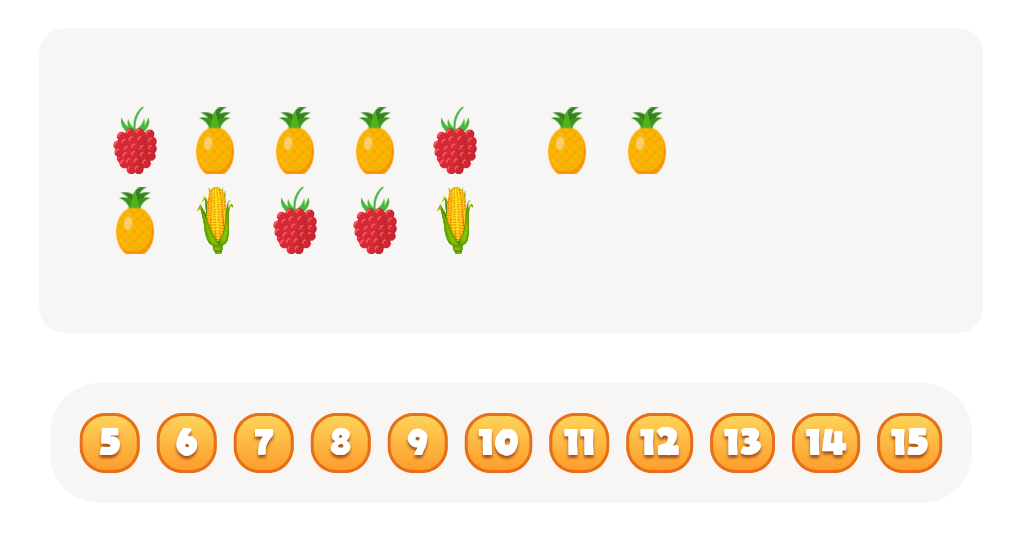Logical Reasoning Plants and Animals Worksheets for Ages 3-8
6 filtered results
-
From - To
Unlock your child's potential with our engaging "Logical Reasoning Plants and Animals Worksheets" designed for ages 3-8. These worksheets combine fun and learning, helping young learners discover the fascinating world of plants and animals while developing essential logical reasoning skills. Each thoughtfully crafted activity encourages critical thinking, problem-solving, and decision-making as children observe, categorize, and connect different life forms in nature. Perfect for at-home learning or classroom use, our resources support early childhood development in a playful and interactive manner. Explore the joys of science and nurture your child's curiosity today with our delightful worksheets!
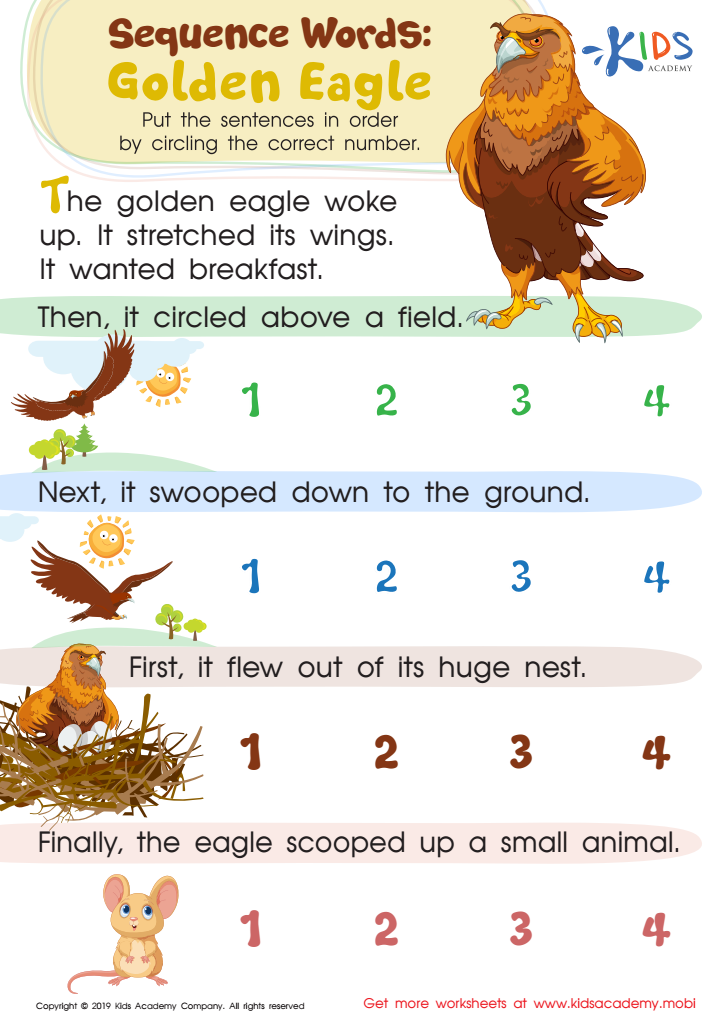

Sequence Word Eagle Worksheet


Sorting Animals in 3 Groups Worksheet
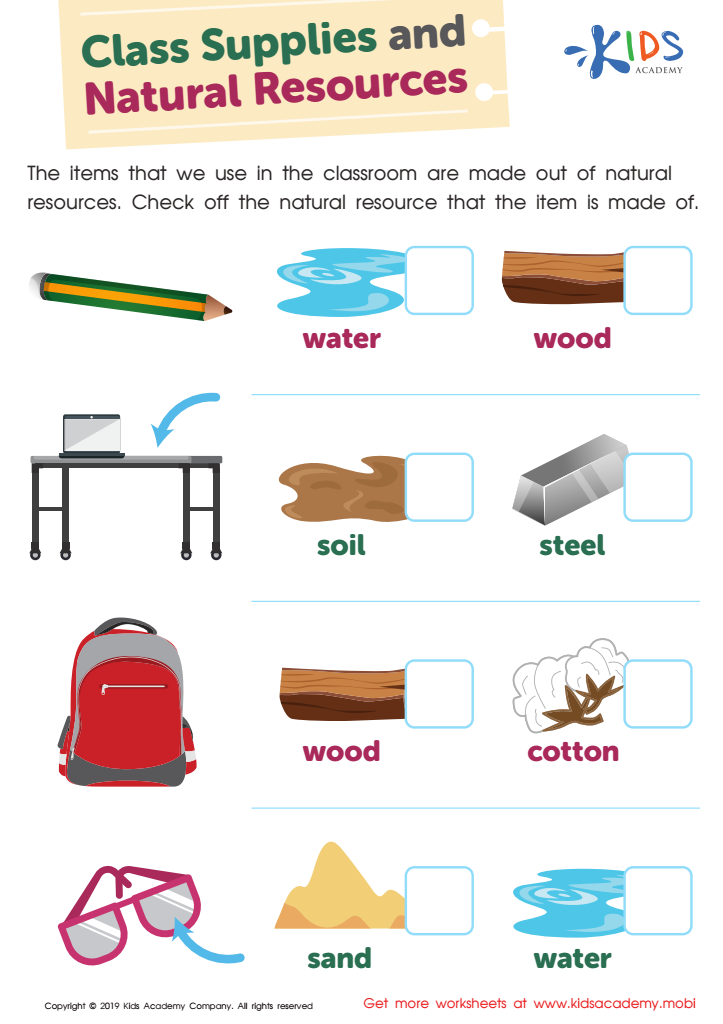

Class Supplies and Natural Resources Worksheet
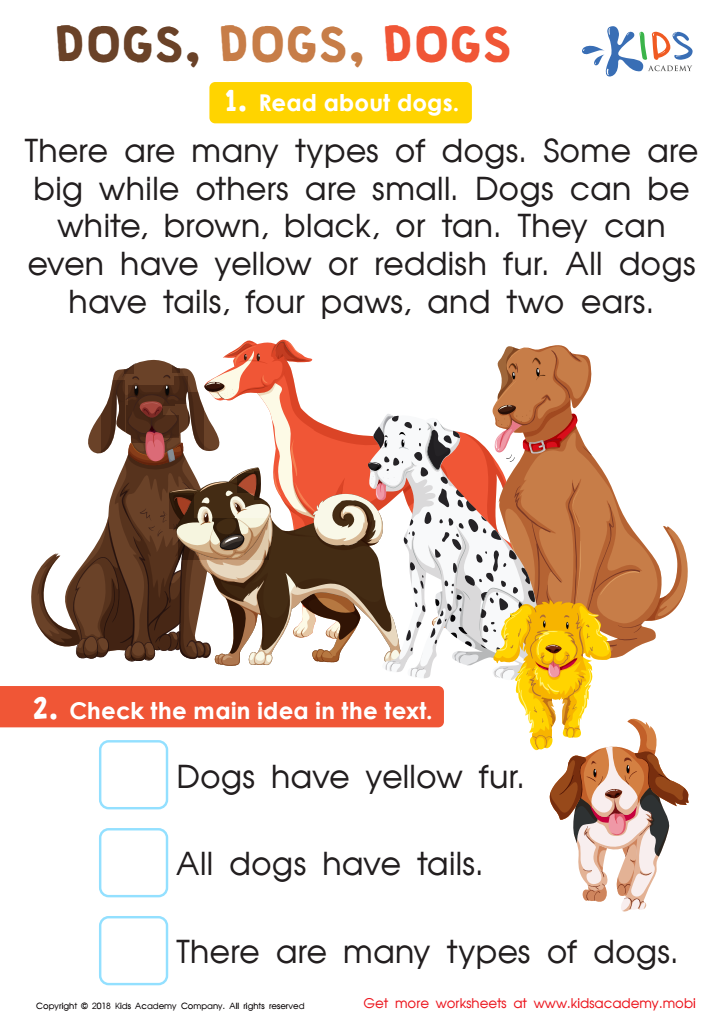

Dogs, Dogs Worksheet
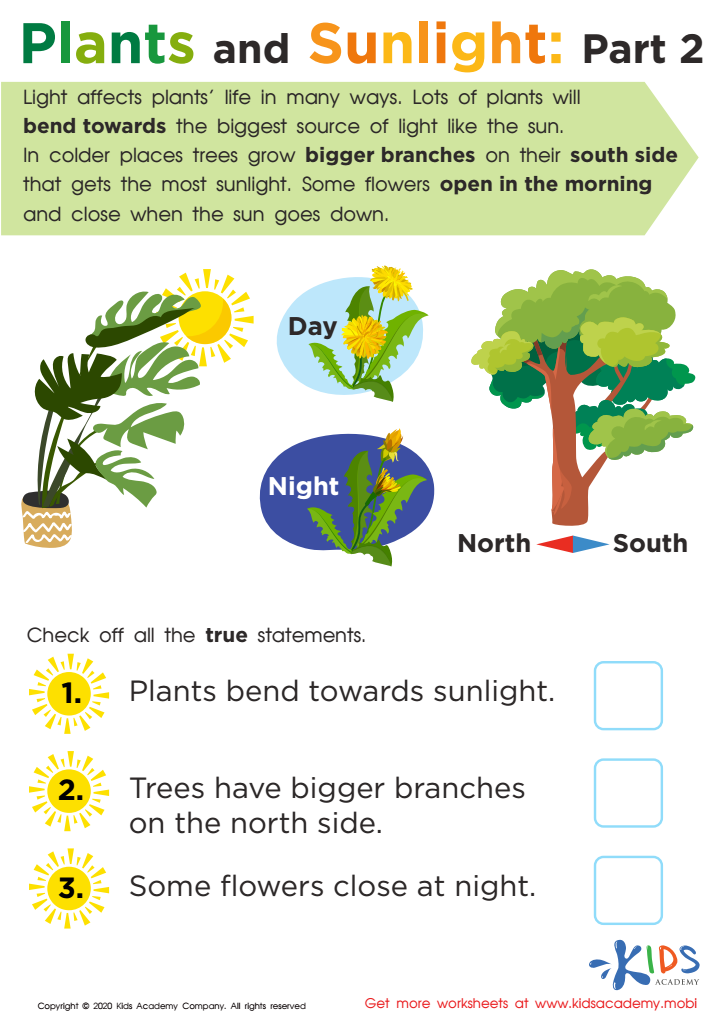

Plants and Sunlight: Part 2 Worksheet
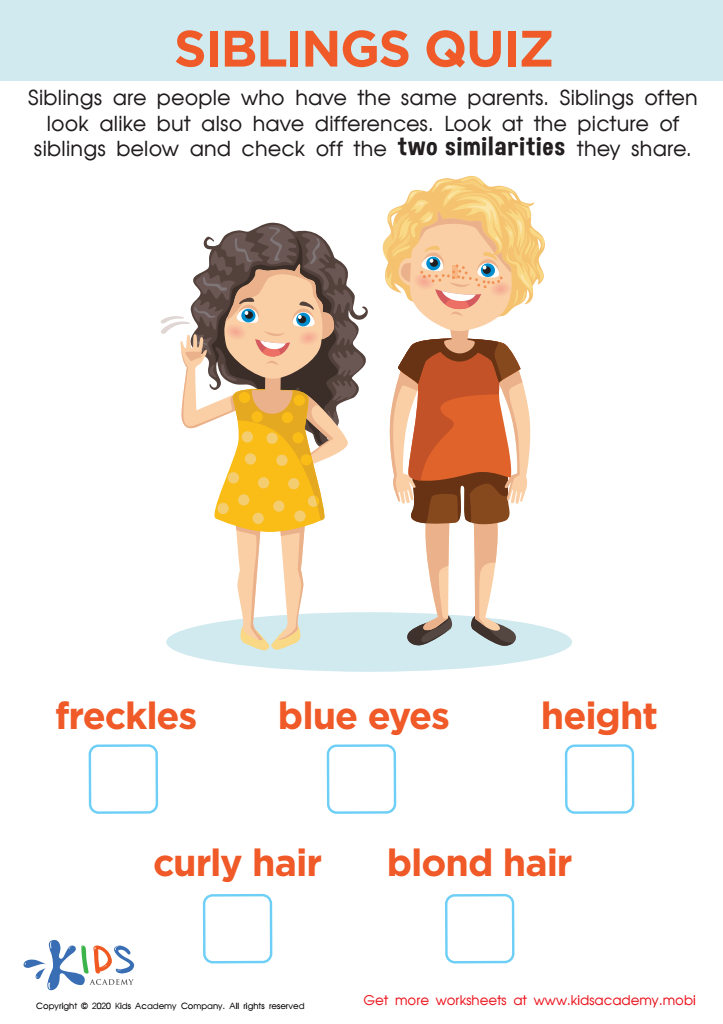

Siblings Quiz Worksheet
Parents and teachers should prioritize introducing Logical Reasoning concepts related to plants and animals for children ages 3-8 for several key reasons. Firstly, young children are naturally curious about the world around them, and engaging them with logical reasoning helps them explore and understand complex relationships within nature. By examining plants and animals, children develop critical thinking skills as they categorize, compare, and contrast different species, fostering their cognitive abilities.
Moreover, early exposure to logical reasoning lays a strong foundation for problem-solving skills that are essential throughout life. Understanding how living organisms fit into ecosystems teaches children about interdependence and encourages environmental stewardship. This knowledge can spark a lifelong interest in science and nature preservation.
Additionally, logical reasoning activities can enhance language development as children learn new vocabulary related to botany and zoology, express observations, and engage in discussions about their findings. Such activities also promote social skills through collaborative learning experiences and group discussions.
Ultimately, by focusing on logical reasoning related to plants and animals, parents and teachers support holistic development, encouraging inquisitive minds, scientific literacy, and compassion for living things—all crucial elements for shaping well-rounded, curious individuals.
 Assign to My Students
Assign to My Students
